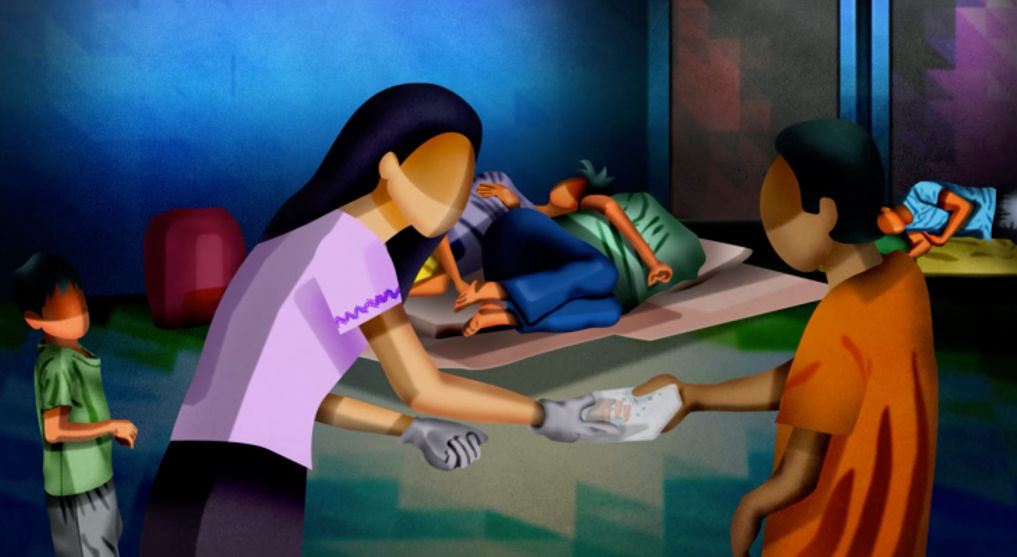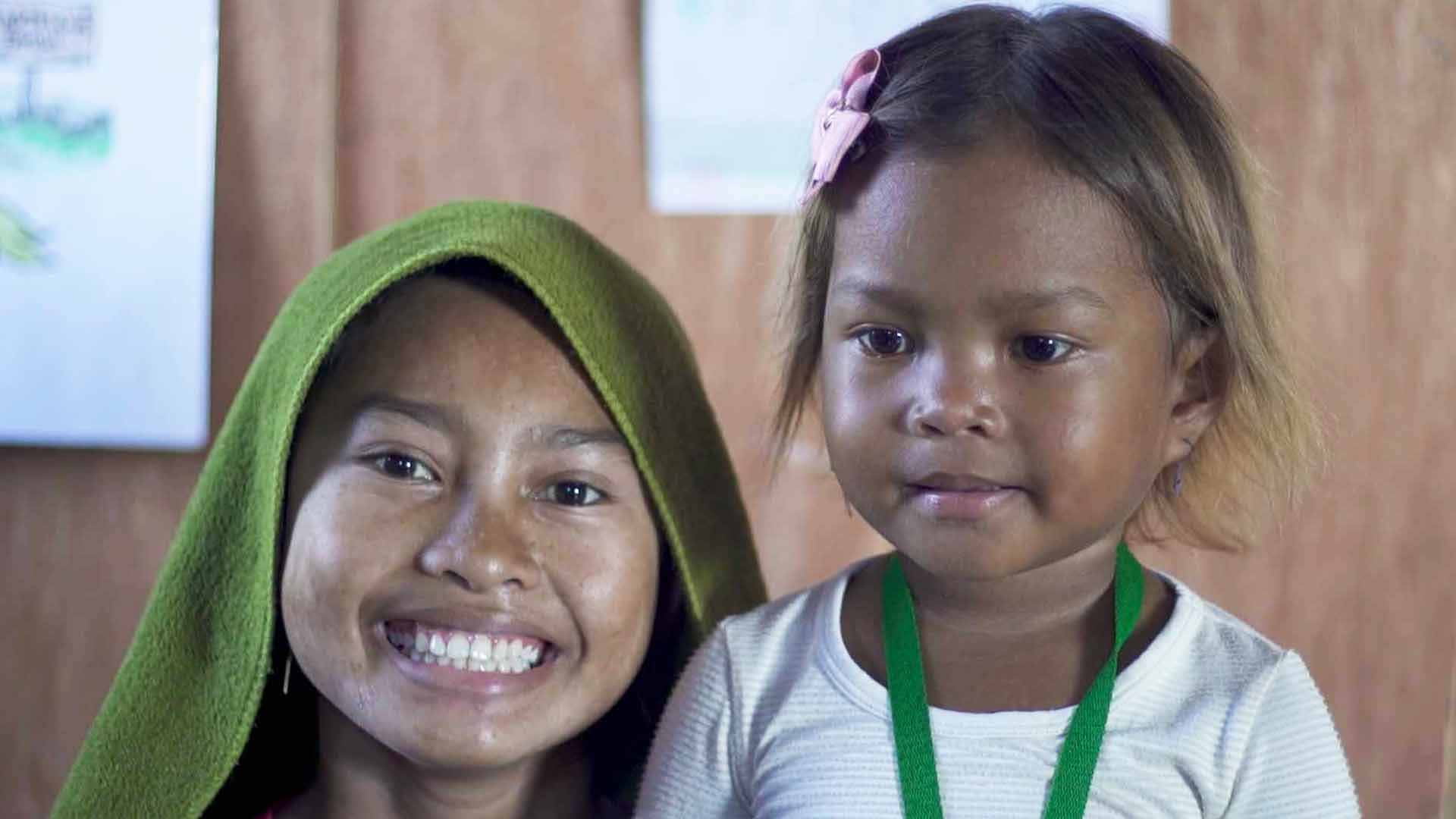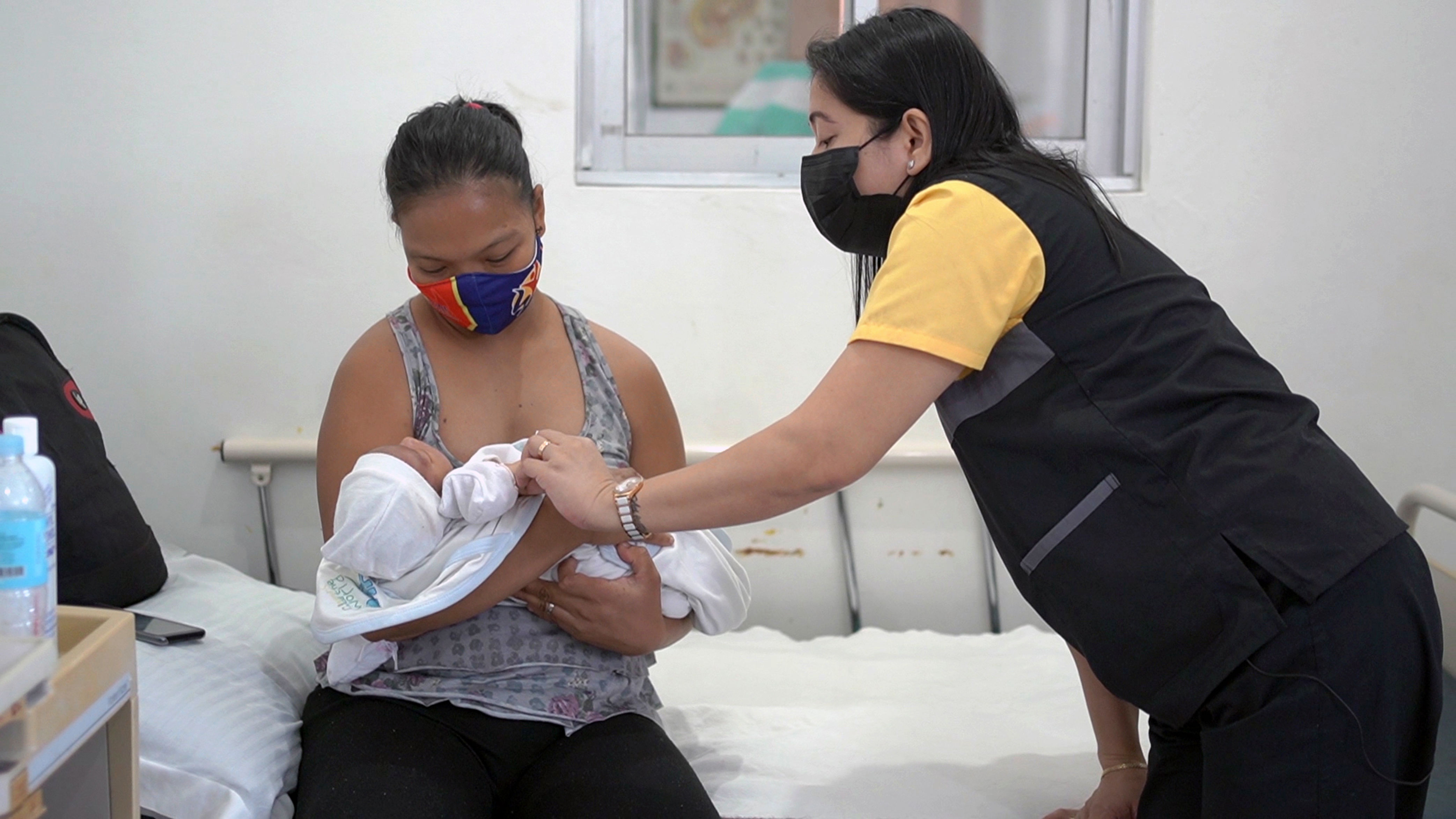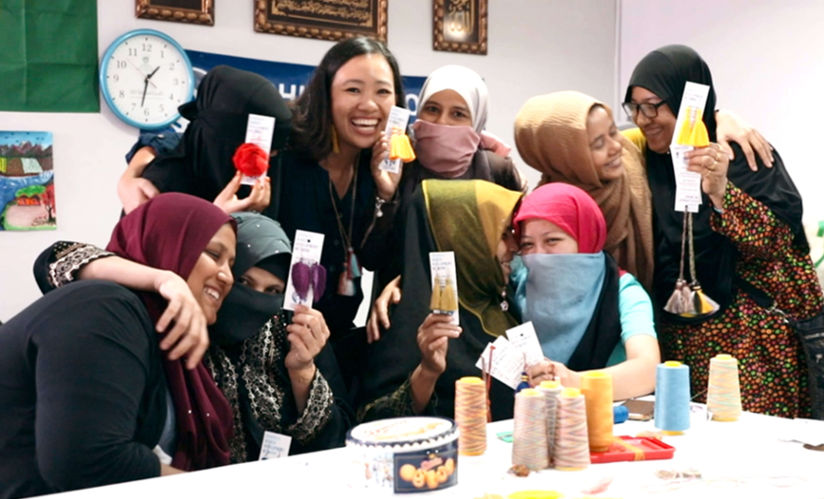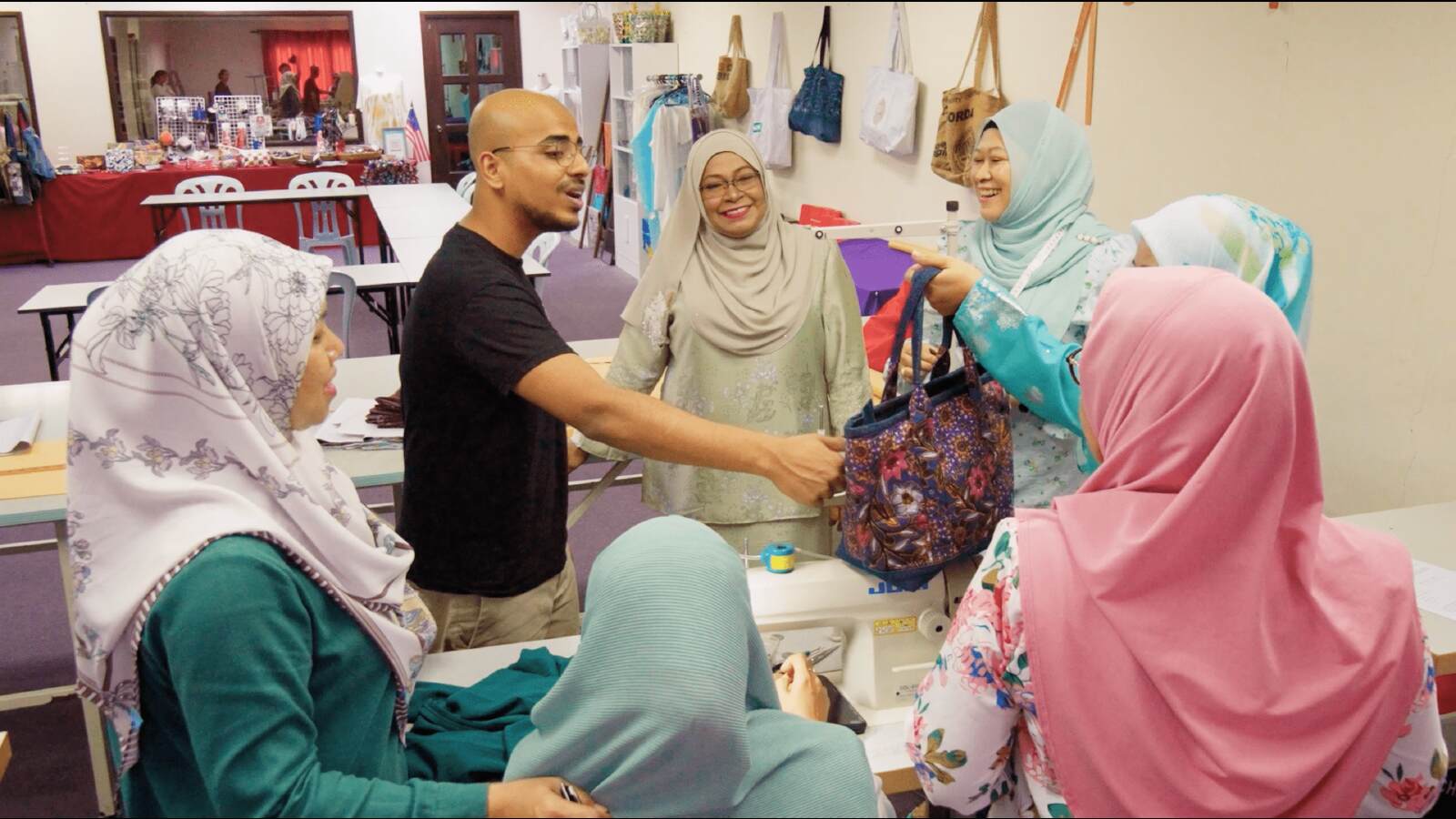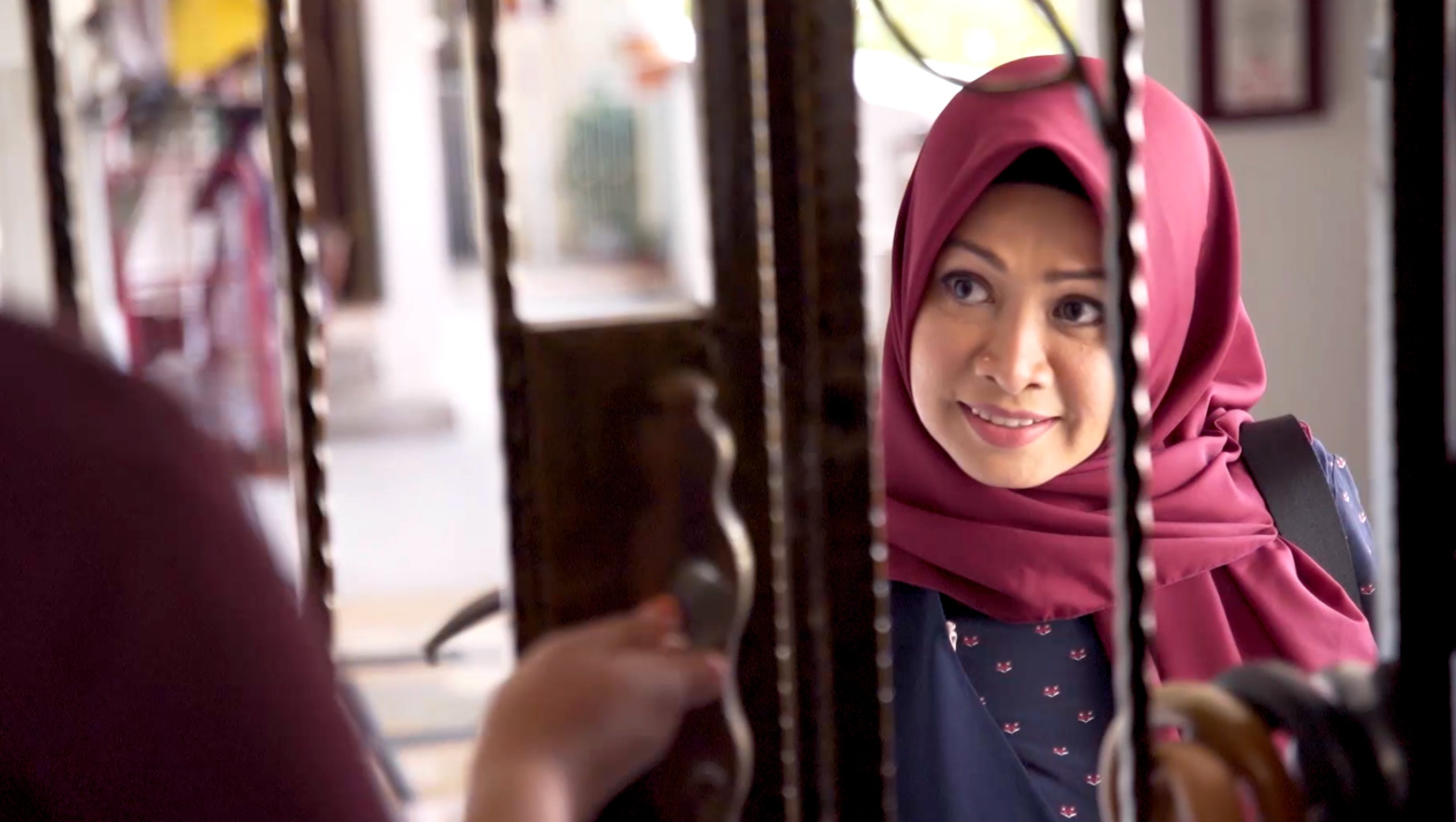‘Just Do Not Forget Me’

I met Tatay Loreto one gloomy afternoon in what people refer to as the tent city, the heart-breaking remains of an area ravaged by super typhoon Haiyan in the Philippines' Leyte province.
While I was trying to figure out which tent to visit next out of thousands, he called out to me. So I went closer and listened to his story.
A father in his 60s, Tatay was among those who did not join the typhoon evacuation efforts the night before.
He had wanted to guard his home by the sea.
He stayed behind together with some fishermen. Along with them, a pharmacist and his wife, a seaside restaurant owner named Yolanda, which was also the local name for the typhoon.
There was also a vacationing young boy and his mother, husbands and wives who had vowed that only death would tear them apart, and teenage sons and daughters who had left the evacuation centres promising their parents that they would be back.
Gone
All of them must have thought that 5-metre-high waves only happen in the movies, that 8 November, 2013 was just another typhoon day, that in a few hours the apocalyptic deluge would pass, and that they were strong swimmers anyway, should the worse become the worst.
None of them survived, except for Tatay.
He shared how he had clung on to an electrical cable, which was almost at the same level as the roof of the tallest building by the sea. He fought and fought, until a couple of hours later, he found himself washed on to dry land, kilometres away.
Dazed and wounded, he searched for his loved ones amid destruction and chaos that seemed to stretch on endlessly. Thankfully, he found them and there was much crying and hugging.
I met him more than a month after Haiyan struck the Philippines. Everything he was wearing was from donations, and he was alone.
He told me his family had gone to the capital, Manila, to look for a place to live. Tatay wanted to stay so he could try to rebuild what his family had lost.
"Sir, I need a boat with an engine to make a living. Or even just a fish net."
"Ah, OK sir, let me just jot that down. But I cannot promise anything."
"Oh, don't worry. Whatever help you can give, sir, I will accept."
"Anything else that I can do for you?"
"Just do not forget me."
And with those haunting words, he surprised me with a pack of biscuits and a bottle of energy drink — kindness he pulled out of his own emptiness.
It was as if he was telling me to keep going, because in those other tents were dignified people who were still waiting to be listened to, whose stories deserved to be told.
We hugged as if that was all that mattered.
Not Forgotten
I have not forgotten Tatay, or the 15 other people I met that day.
Their simple, heartfelt stories of loss and love remind me that listening to people with empathy lets them know that they are not forgotten.
After a few years working in the development sector, I've come to realise that one of the most comforting things for a disaster survivor is to be genuinely listened to.
We all can listen to someone.
Crisis recovery often takes a long time to materialise. May our ability to care for others by listening not get a lost in a sea of apathy and policy conundrums.
Contributors
Writer



